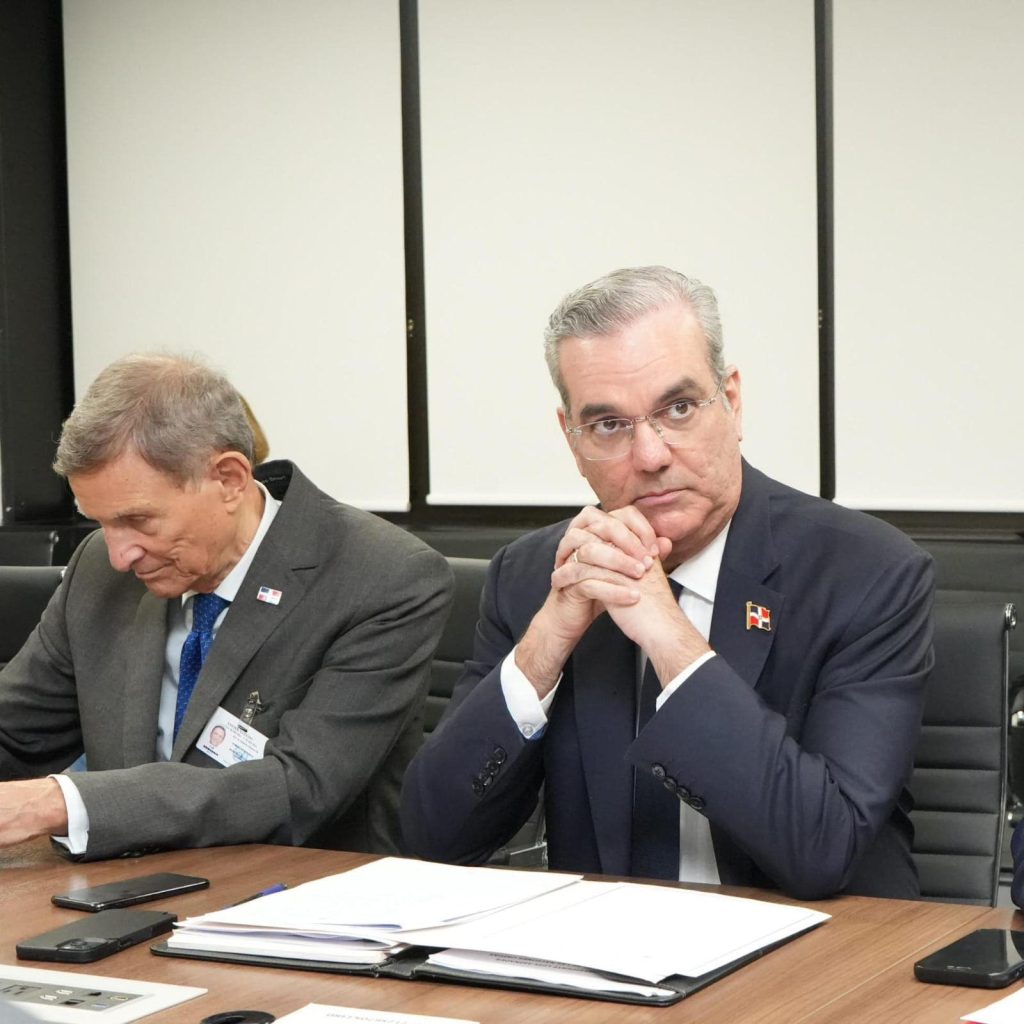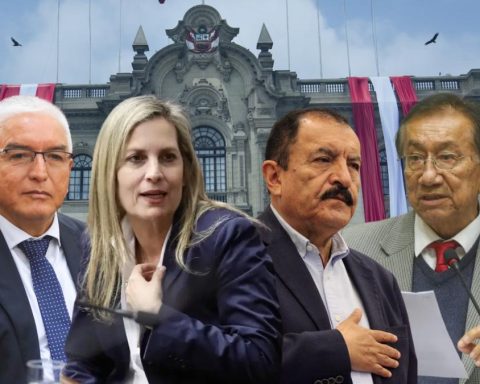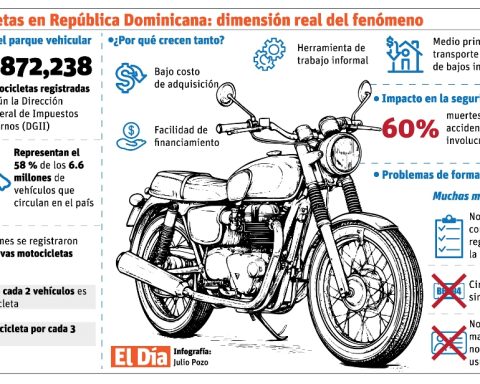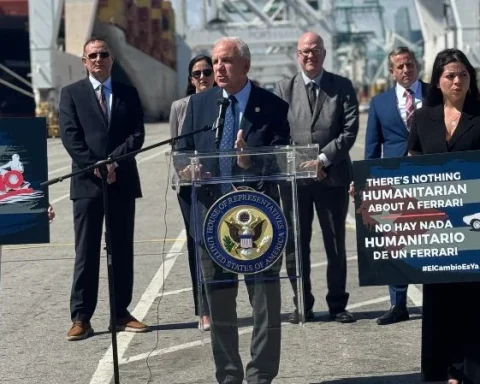
According to the analysis carried out by Fasano Mertens in this new chapter of his program La Cosa Vostra – Manual para Indecisos”, the electoral debate centers between the Broad Front project and that of the republican coalition that currently governs. While the Frente Amplio proposes a model based on a productive country with redistribution and social inclusionsimultaneously, The coalition is committed to economic development that privileges financial capital and market fundamentalism as drivers of personal successoften disconnected from economic redistribution and social inclusion, factors that they argue, Fasano says, must wait their turn after economic growth has taken off.
Regarding the social management of both projects, Fasano highlights that the Frente Amplio, upon assuming government in 2005, inherited a nation with 40% of its population living in poverty, a figure that it managed to reduce significantly. However, he criticizes that Under the current Republican coalition administration, poverty has increased again, affecting approximately 50,000 more people. This increase occurs despite the expectations of post-pandemic recovery, which have been met in other countries according to the journalist’s observations.
It is worth mentioning that this chapter of the Fasano Mertens program was carried out last Monday, September 23, with the data provided from the annual poverty report of the National Institute of Statistics (INE) that corresponds to the year 2023, and the following day, Tuesday the 24th, the The organization unusually advanced a new partial report for 2024 with data from the first semester. Before publishing this article, LARED21 consulted Fasano regarding this new information from the INE, and the journalist explained that he will consider this report “in his next video on Friday, October 4 to safeguard the fidelity of the official figures,” since which could not refer to it since it was published after the production of its video.
Inequality, increase in child poverty and very low wages
Fasano Mertens’ analysis also highlights the precariousness of current purchasing power in Uruguay. With 548,000 workers earning less than twenty-five thousand pesos per monththe communicator highlights this social inequality and mentions that the infantilization of Poverty has reached the highest rate in Latin America post-pandemic, with one in five children being born in poor homes.
Furthermore, Fasano touches on the issue of unemployment, pointing out that the current government did not fulfill its promise to increase employment, something that the Frente Amplio did achieve by creating 350,000 new jobs during its years in power, which were later reduced to 280,000 in 2019.
On a broader level, the former director of the newspaper La República questions social management in terms of inequality and highlights that, in the past, Uruguay became the least unequal country in Latin America under the management of the Frente Amplio. According to its figures, it has since seen an increase in inequality, measured by the Gini coefficient.
Fasano Mertens also criticizes the decline in real wages, with a significant loss for Uruguayan workers over the course of 40 months, which he attributes to poor political decisions rather than the pandemic. While acknowledging the initial impact of the pandemic in 2020 and 2021, he argues that other nations have recovered their economic levels more quickly and effectively.
Likewise, in his analysis the journalist accentuates the importance of a policy that prioritizes social well-being, in contrast to one that exclusively values economic developmentand highlights the lack of alignment of the current government with social democratic principles, referring to historical figures of social democracy and suggesting that the republican coalition is at the antipodes of these ideologies.
Finally, as Uruguay approaches the polls, the discussion presented by Fasano invites deeper introspection about which path to choose: one that seeks social equity and redistribution as an integral part of economic development, or one that first values the economic growth in the hope that one day, those fruits will benefit everyone through a spillover that never comes. In this context of political polarization, Fasano Mertens’ analysis is presented as a call to reflection for those who are undecided, underlining the importance of considering the long-term implications that such decisions may have for the future of the country..



















